962-7983-18423+
24/7 دعم
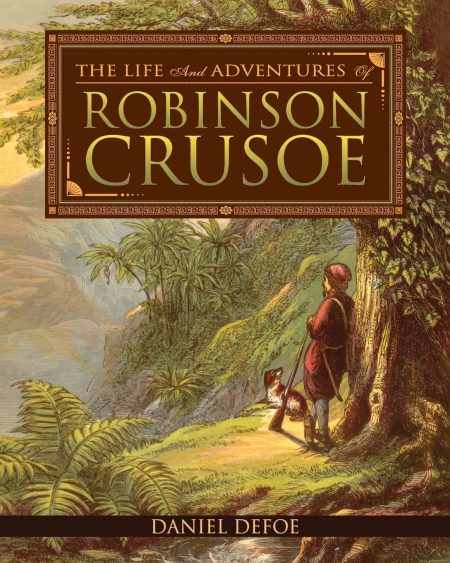
It is an adventure novel that tells the story of a man who finds himself alone on a remote island, struggling to survive and discover himself.
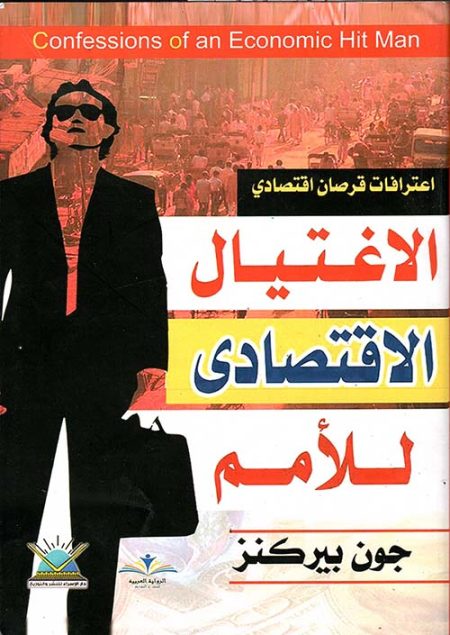
John Perkins’ book The Economic Assassination of Nations provides insight into how the United States uses the tools of economics and politics to achieve its strategic goals in the Third World. The book is based on Perkins’ personal experience, where he has served as an economic consultant in several developing countries, including Indonesia, Saudi Arabia and Iraq.
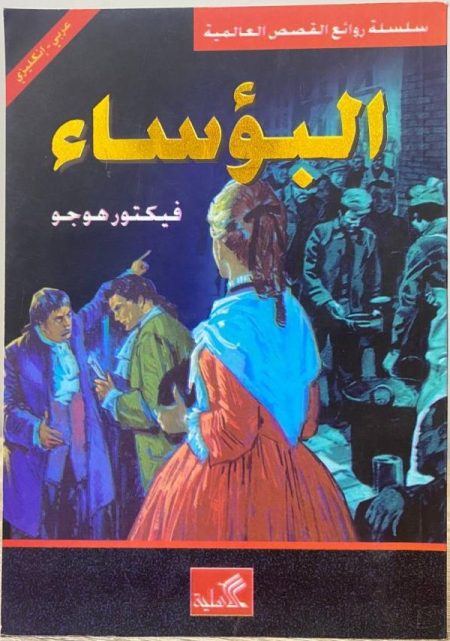
Arabic / English
Highlights social injustice in France through the story of Jean Valjean, who seeks redemption while being pursued by Inspector Javert.
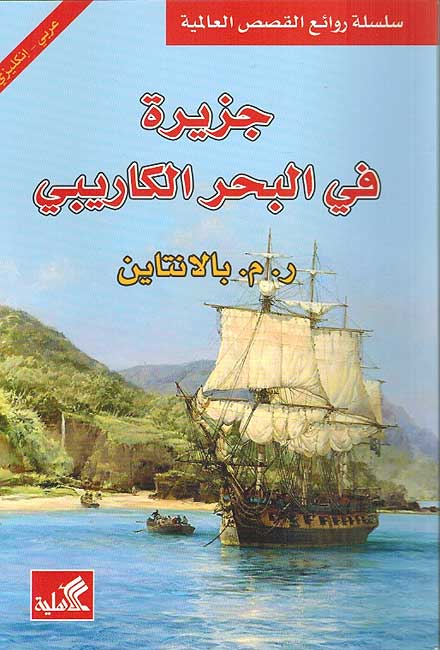
Arabic / English
It is a sea adventure novel that combines excitement and suspense, as the hero deals with pirates on a remote island.
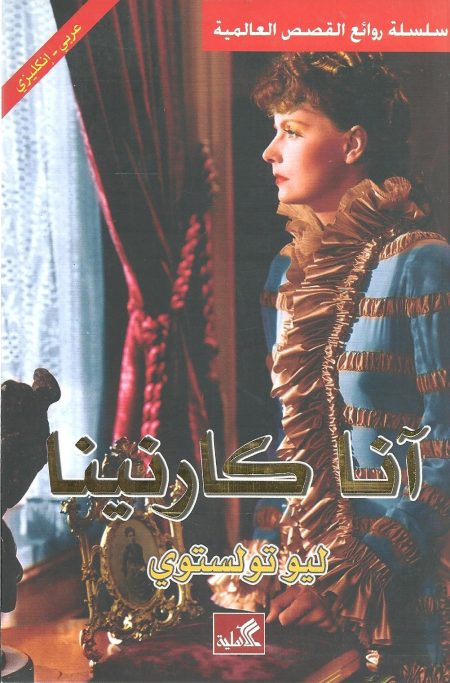
Arabic/English
This is an exploratory novel about love, betrayal, and internal conflict, highlighting the destructive impact of romantic relationships in a closed Russian society.
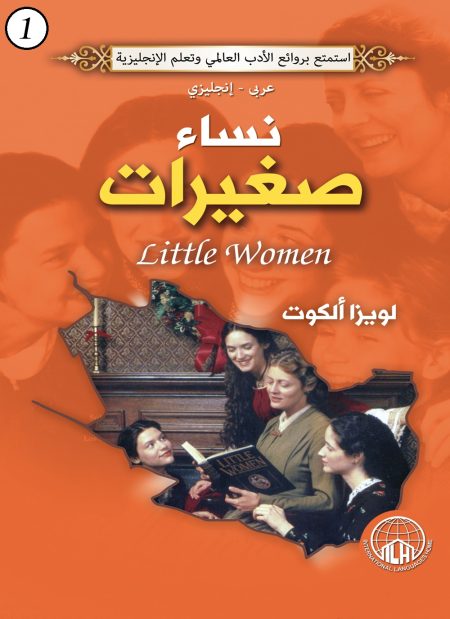
Arabic/English
It is a novel that tells the story of four sisters who deal with the challenges of life during the American Civil War, reviewing their personal growth and the values of sacrifice and hope.
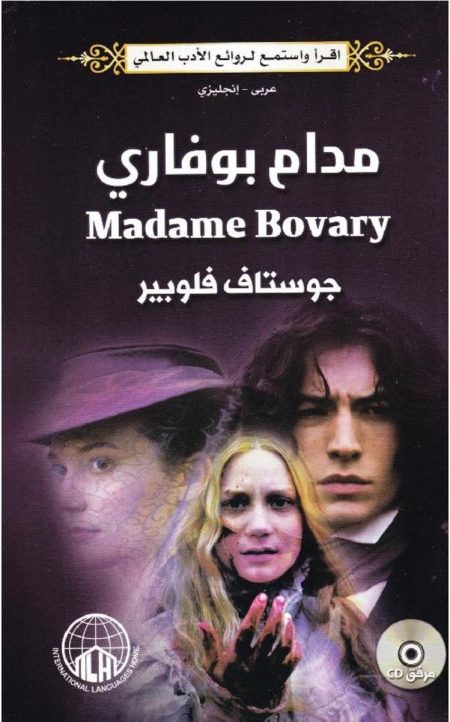
Arabic/English
It is a novel that deals with the story of Emma Bovary, a woman who seeks an ideal life and gets involved in disappointments due to her unrealistic romantic expectations.
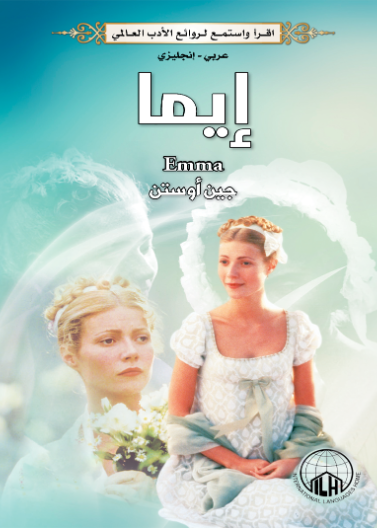
Arabic/English
This novel highlights the story of a smart, wealthy young woman who manipulates the fates of others in love before realizing her mistakes and finding true love.

It is a romantic novel that tells the story of an upper-class young woman named Emma Woodhouse, who becomes involved in failed attempts to arrange love affairs for others while struggling to understand her own feelings.